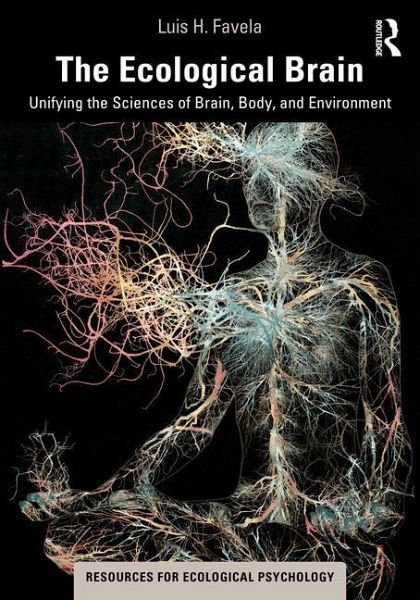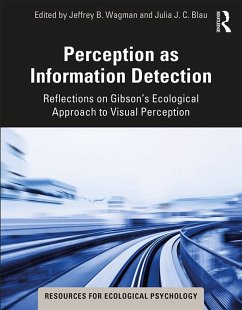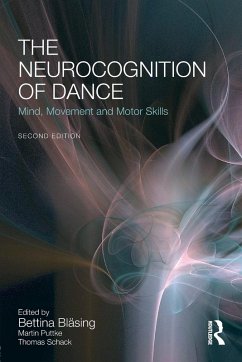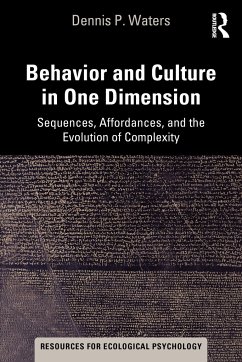
The Ecological Brain
Unifying the Sciences of Brain, Body, and Environment
Versandkostenfrei!
Versandfertig in 6-10 Tagen
51,99 €
inkl. MwSt.
Weitere Ausgaben:

PAYBACK Punkte
26 °P sammeln!
The Ecological Brain is the first book of its kind, using complexity science to integrate the seemingly disparate fields of ecological psychology and neuroscience. The book develops a unique framework for unifying investigations and explanations of mind that span brain, body, and environment: the NeuroEcological Nexus Theory (NExT).Beginning with an introduction to the history of the fields, the author provides an assessment of why ecological psychology and neuroscience are commonly viewed as irreconcilable methods for investigating and explaining cognition, intelligent behavior, and the syste...
The Ecological Brain is the first book of its kind, using complexity science to integrate the seemingly disparate fields of ecological psychology and neuroscience. The book develops a unique framework for unifying investigations and explanations of mind that span brain, body, and environment: the NeuroEcological Nexus Theory (NExT).
Beginning with an introduction to the history of the fields, the author provides an assessment of why ecological psychology and neuroscience are commonly viewed as irreconcilable methods for investigating and explaining cognition, intelligent behavior, and the systems that realize them. The book then progresses to its central aim: presenting a unified investigative and explanatory framework offering concepts, methods, and theories applicable across neural and ecological scales of investigation. By combining the core principles of ecological psychology, neural population dynamics, and synergetics under a unified complexity science approach, NExT offers a compressive investigative framework to explain and understand neural, bodily, and environmental contributions to perception-action and other forms of intelligent behavior and thought.
The book progresses the conversation around the role of brains in ecological psychology, as well as bodies and environments in neuroscience. It is essential reading for all students of ecological psychology, perception, cognitive sciences, and neuroscience, as well as anyone interested in the history and philosophy of the brain/mind sciences and their state-of-the-art methods and theories.
Beginning with an introduction to the history of the fields, the author provides an assessment of why ecological psychology and neuroscience are commonly viewed as irreconcilable methods for investigating and explaining cognition, intelligent behavior, and the systems that realize them. The book then progresses to its central aim: presenting a unified investigative and explanatory framework offering concepts, methods, and theories applicable across neural and ecological scales of investigation. By combining the core principles of ecological psychology, neural population dynamics, and synergetics under a unified complexity science approach, NExT offers a compressive investigative framework to explain and understand neural, bodily, and environmental contributions to perception-action and other forms of intelligent behavior and thought.
The book progresses the conversation around the role of brains in ecological psychology, as well as bodies and environments in neuroscience. It is essential reading for all students of ecological psychology, perception, cognitive sciences, and neuroscience, as well as anyone interested in the history and philosophy of the brain/mind sciences and their state-of-the-art methods and theories.














